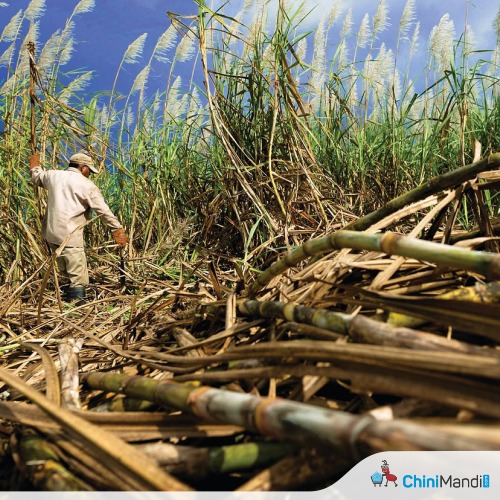Philippines: The Sugar Regulatory Administration (SRA) has set up a task force to combat the red-striped soft scale insect (RSSI) infestation affecting some sugarcane farms in northern Negros Occidental.
Task force head and SRA Board Member, David Andrew Sanson, announced on Wednesday that quarantine measures have been requested from the Department of Agriculture as part of the response plan. Six areas in northern Negros are currently under close surveillance due to the reported RSSI infestation, which could reduce sugar content by nearly 50%, raise production costs, and even threaten the stability of the sugar industry if left unchecked, reported Philippine News Agency.
SRA Administrator Pablo Luis Azcona suggested that the infestation might have spread to Negros Island from Luzon, where RSSI was previously reported and continues to affect certain sugarcane farms. First observed in Bacolor, Pampanga in June 2022, RSSI is a newly emerging pest in the country’s sugarcane industry.
Azcona emphasized that farmers must exercise greater caution when purchasing cane points, warning that the disease has been traced back to the transport of infected planting materials from Luzon and other areas.
Sanson also called on farmers to halt the transportation of cane points from Luzon and other affected regions, as the disease appears to spread via these materials. To assist in managing the infestation, the SRA has collaborated with the National Crop Protection Center (NCPC) at the University of the Philippines Los Baños, which has identified five insecticides that could help control the spread of RSSI.
Initial field trials have shown that Buprofezin, Dinotefuran, Phenthoate, Pymetrozine, and Thiamethoxam may be effective in limiting the infestation. However, NCPC researcher Randolph Candano noted that the results are not yet definitive, and a second trial at a different location is necessary to confirm the efficacy of these insecticides.
Candano also advised the SRA to inform the Fertilizer and Pesticide Authority (FPA) about the ongoing trials. He explained that while the usual process is for pesticide manufacturers to conduct their own trials and apply for emergency-use permits, the SRA can help in expediting the process.
Azcona confirmed that a second trial in Negros is being proposed but emphasized that quarantine measures should be prioritized for areas already affected by the infestation. He stressed that preventing the spread of the pest is crucial, as some farmers are already preparing to plant cane for the next crop year.
“We cannot afford to have an infestation, especially as we’ve made a strong showing this year despite the challenges posed by the prolonged drought. I hope we can maintain this momentum and even exceed our targets next year with everyone’s help in containing this infestation,” Azcona concluded.


















